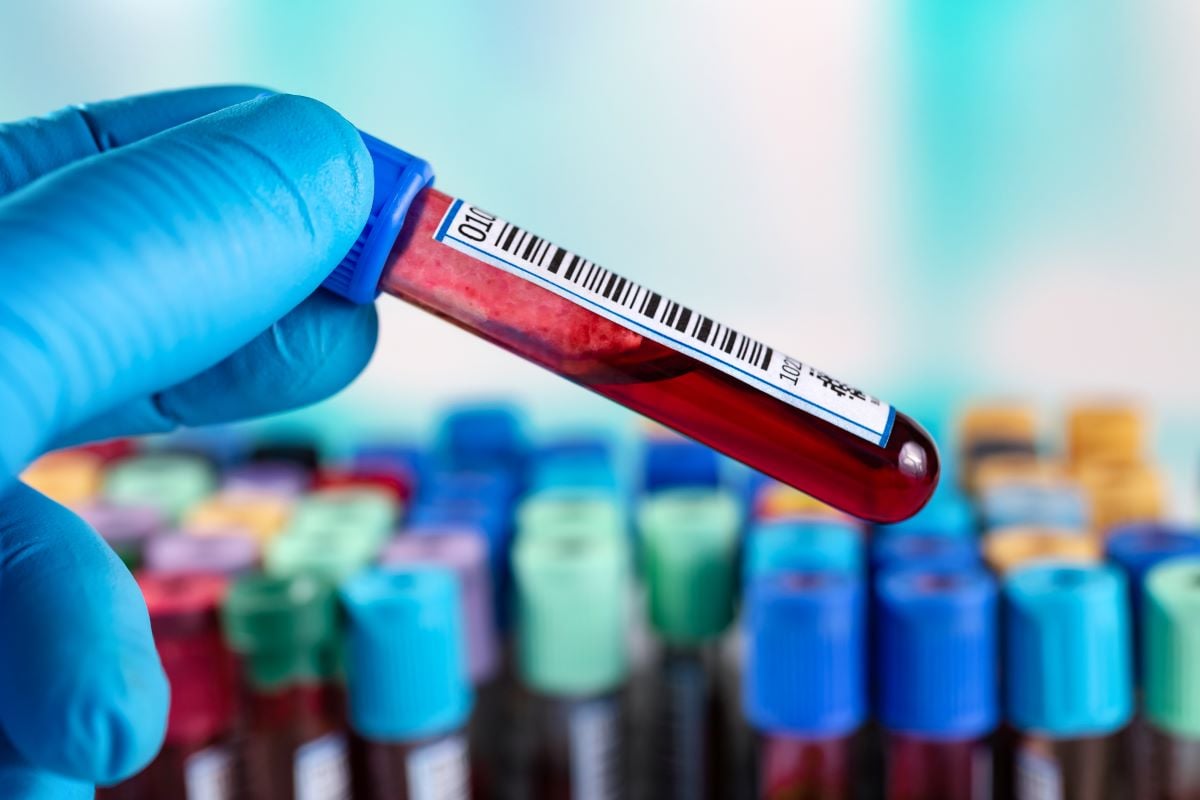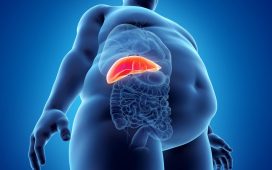Findings for preoperative anemia, abnormal platelet count, and elevated systemic immune-inflammation index
By Lori Solomon HealthDay Reporter
THURSDAY, July 25, 2024 (HealthDay News) — Certain preoperative laboratory values may predict risk of periprosthetic joint infection (PJI) among individuals with morbid obesity undergoing arthroplasty, according to a study published in the July 17 issue of the Journal of Bone & Joint Surgery.
Sagar Telang, from the University of Southern California in Los Angeles, and colleagues sought to identify preoperative laboratory values that may serve as predictors of PJI in patients with morbid obesity undergoing total hip arthroplasty or total knee arthroplasty (TKA). Analysis included 6,780 patients (TKA: 76.7 percent) of whom 47 (0.69 percent) developed PJI within 90 days after surgery.
The researchers found that the rate of PJI was 1.69 percent for patients with a hemoglobin level of <12 g/dL (for females) or <13 g/dL (for males), 2.14 percent for those with a platelet count of <142,000/µL or >417,000/µL, 1.11 percent for those with a neutrophil-lymphocyte ratio (NLR) of >3.31, 1.69 percent for those with a platelet-lymphocyte ratio (PLR) of >182.3, and 1.05 percent for those with a systemic immune-inflammation index (SII) of >776.2. In adjusted analysis, there were significant associations between PJI and an abnormal preoperative NLR (adjusted odds ratio [aOR], 2.38), PLR (aOR, 4.86), SII (aOR, 2.44), platelet count (aOR, 3.50), and hemoglobin level (aOR, 2.62).
“These findings may help surgeons risk-stratify this high-risk patient population,” the authors write.
Abstract/Full Text (subscription or payment may be required)
Copyright © 2024 HealthDay. All rights reserved.








